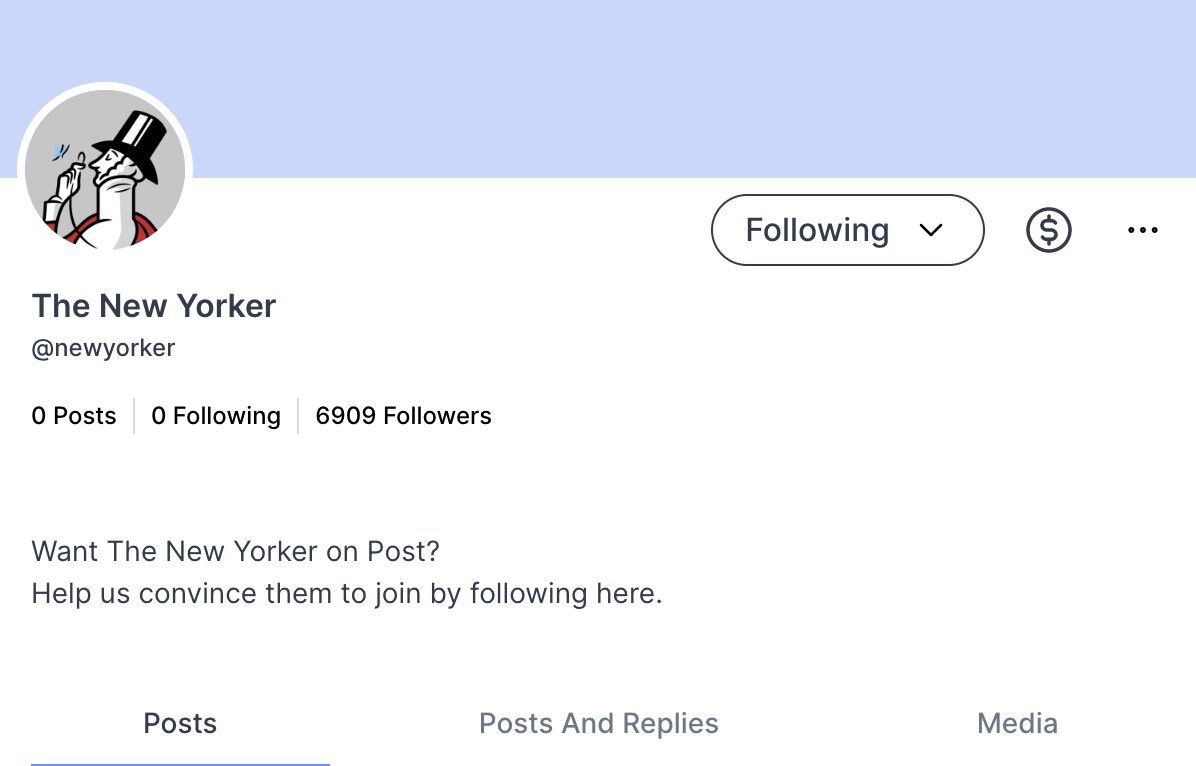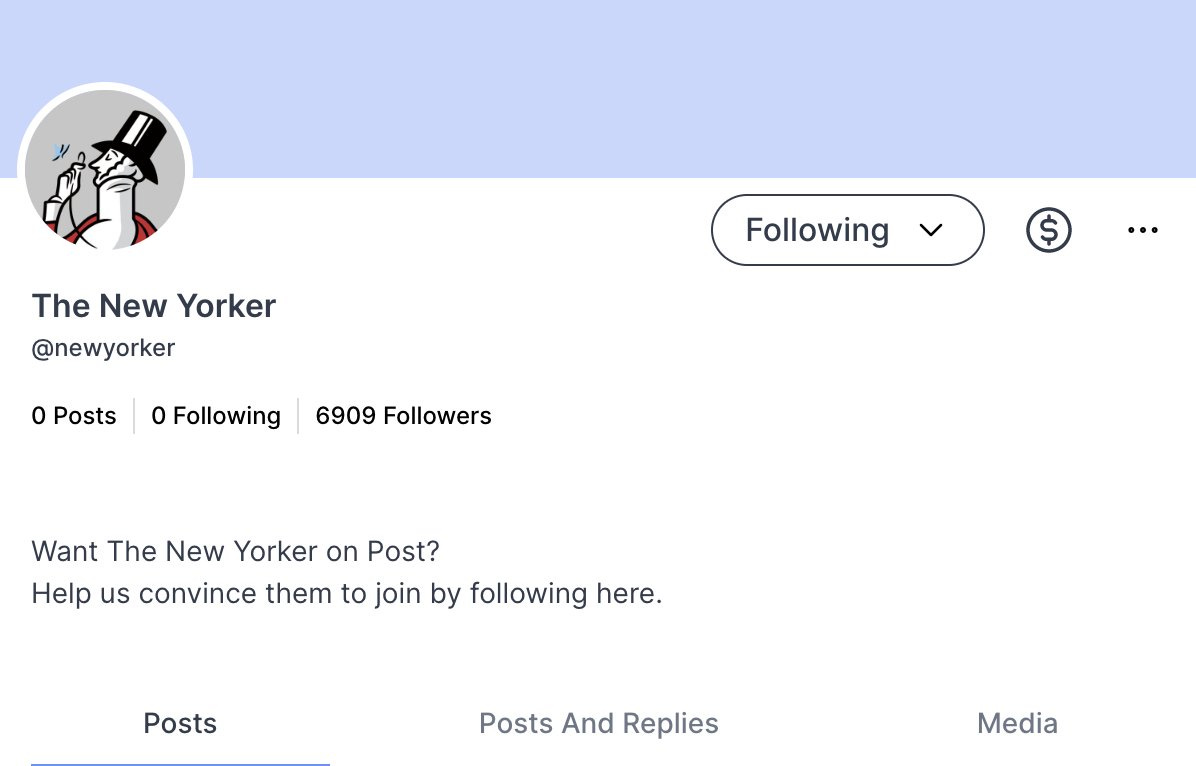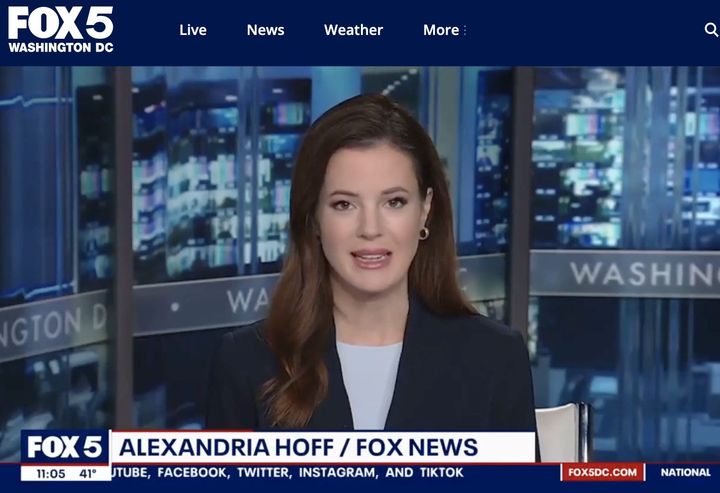Post seems like it wants to be the "Uber of news." Let's be careful.

Twitter is becoming more of a far-right clown show by the day. I saw someone refer to Elon Musk as "QElon" and that captures the feeling over on Twitter right now.
Musk is handing over documents to Bari Weiss, the dubiously self-canceled ex-NYT rightwinger. He's working with an authoritarian-leaning writer who co-wrote a book that bragged about harassing and humiliating women. Musk is boosting rightwing fantasies about Twitter, and Jan 6, and Hunter Biden, and who knows what else. Frankly, I can't keep up with the firehose of lies. And I don't want to. I've blocked as many Twitter accounts in the Musk circle as I can.
But it's not just about the Twitter experience me and you are having. If you're reading this, you know more about media than the average person — the person who is busy with their own life and doesn’t spend hours reading about media dynamics. So you understand that QElon is acting like he wants to use Twitter to spread rightwing lies. The danger in Twitter’s change to help the right is about the average busy person who checks in on Twitter infrequently, or hasn't spent a lot of time reading about Musk's history. People who don’t know a lot about Musk or media can be influenced, especially over time and with repetition.
This is a big way media can be used influence public opinion, and it's no surprise a billionaire might want to buy an outlet and use it to push rightwing views that develop a political base for pro-billionaire economic policies. Every vote Musk can get for the MAGA right is a vote for the party that enriches billionaires; spreading far-right bias helps his interests.
Twitter can’t be the long-term solution, but what else is there?
So there's absolutely a reason for people to want to leave Twitter. A few other options are out there. Mastodon and Post are probably the frontrunners right now. Mastodon is very promising and in some ways gives a similar experience as the Twitter experience. (I recommend at least setting up a Mastodon account now, and dipping your toe in — if not moving over to Mastodon completely.) To be fair, though Mastodon does have some weaknesses that arise from decentralization: it can be confusing, it still hasn't found a streamlined signup procedure, and it still lacks ways to curate posts. Sequential timelines are great with small numbers of followers, but they don't scale once you follow more than a few dozen accounts. I expect many of these issues to improve over time as more and more users adopt Mastodon. We will see.
The other plausible alternative appears to be Post.News.
Today I'm going to talk about why Post seems to be bad and why you should avoid it.
Why Post seems like a bad choice
Post is run by the former CEO of Waze, Noam Bardin. One problem with Post is that it’s got a big billionaire investor who seems, at best, pulled to the right by “anti-wokeism”, and who also “poured billions into crypto” while “cashing out” on the backs of small-time investors.
But the biggest problem with Post is that it seems to be making a play to be the "Uber of news" — at our expense.
Let me explain.
Post is betting on micropayments for news. Micropayments have long been a dream goal for Internet news. The idea of micropayments is that you can click on any paywalled news site and pay a small fee to read any individual article.
Single-article payments are a great idea in principle. For example, it would be excellent for people to be able to support local news sites by kicking down a bit of money to read one big local scoop that would otherwise sit behind a paywall.
However, micropayments for news have been tried many, many times, and have uniformly failed to achieve any real influence. Why is that? Back in 2009, Clay Shirky put it well, as quoted by Matthew Ingram:
“[The] fantasy that small payments will save publishers…is really a fantasy that monopoly pricing power can be re-established over users.”
Post needs to achieve monopoly power to be profitable: that’s bad for us
The reason why local news has been failing across America is that thirty years ago local newspapers had monopolistic influence on local news markets, especially on local classified ads. The Internet has disrupted that.
The problem with micropayments can be put simply: the micro-price readers are willing to pay for a single article they click on is not high enough to support the business of news. The underlying problem is that journalism is a public good which markets without monopolistic power fail to support.
And that is exactly what Post.News appears to be trying to do: establish monopolistic control over micropayments for news. They seem to be building a walled garden for news purchases, where news outlets provide articles to Post and Post members pay per article for the news.
Ultimately Post is likely to use the Uber playbook: to grow their news micropayment platform until the platform is dominant, then raise prices and extract massive profits from their monopolistic control. The road there won’t be fun, and it doesn’t seem likely to end well — for news companies, for citizens, or for public debate.
Walled-garden platforms aren’t the answer. The last thing we need is another private platform that can be acquired by a billionaire.
And whatever the business plan was that Post pitched to their investors, putting a walled-garden platform in control of news in a democracy is a bad idea. We don't want to have another rich tech person, backed by a rightwing venture capitalist, in control of our information. Even if Bardin is an entirely good person with good intentions, companies can be sold. That's what we saw with Musk and Twitter. A far-right billionaire bought a platform that was a reasonable public square, and he is killing it.

Let's not help Post be the same kind of platform. Don't join the "Uber for news". Let's not build another Twitter to be purchased by the next QElon.
To think a bit bigger about where we would like to go: What we need is not another private closed platform. Instead we need a platform subject to democratic governance. Not a platform run as a private enterprise to serve shareholders and owners, but something with public oversight — perhaps supported by a non-profit, perhaps even a public utility.
We want a platform that allows exchange of the information we need to make decisions about life and society and democracy, without it — or us — being exploited by the next billionaire that decides to use their accumulated wealth to take it over.
Mastodon may not end up being that in the end. But it’s a good place to start. The current best recommendation appears to be: sign up for a Mastodon server and give it a try. Let’s see where things go.
In the meantime, Post isn’t it.


